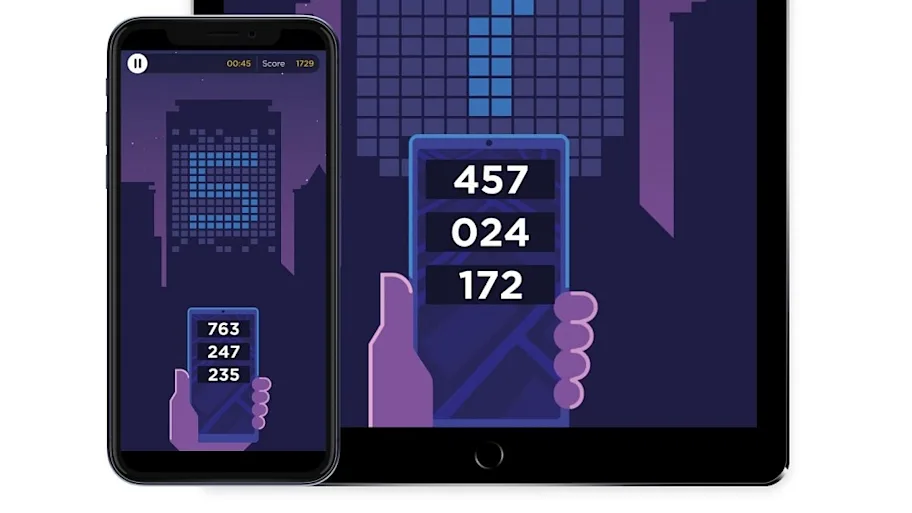
- Science news
- Life sciences
- Are brain-training apps effective?
Are brain-training apps effective?

By Tania FitzGeorge-Balfour, Frontiers science writer
In recent years there has been an explosion in the number of smartphone apps aimed at ‘brain training’. These games often make confident statements about improving our mental performance, but there is little scientific evidence to show that they do.
A new study in the open-access journal Frontiers in Human Neuroscience has investigated why consumers decide to download these apps, how they use them and what they think their benefits may be.
“While the evidence of the effectiveness of brain training remains controversial, our results suggest that the public is interested in learning more about the actual science behind the claims made by the app developers,”says Dr. John Torous, a clinical psychiatrist at the Beth Israel Deaconess Medical Center, Boston, lead author of the study.
Young people and those with internet access tend to have high rates of smartphone ownership, so Dr. Torous and his co-authors designed a survey targeted at this group. They asked participants about their thoughts, use and experience of brain-training apps. Over three thousand people responded, making this the largest internet survey to date asking consumers about these apps; the results were insightful.
Over two thirds of those that responded said that brain-training apps helped with thinking, memory and attention, while over half said that the apps had a positive impact on mood. People with high expectations about brain-training apps before their use, still had these positive feelings after they had used them. This suggests that strong positive expectations about brain-training apps may be the driving force behind people buying and using them.
In addition, positive attitudes towards the apps may be more related to pre-existing beliefs than positive user experiences. “That the positive perceptions of users of brain training apps did not change greatly before and after their use raises concerns about the role of expectations and even marketing in influencing how people experience these apps,” says Dr. Torous.
However, the study, which found that cost of the apps were the primary barrier to their use, also revealed that consumers were concerned about the uncertainty of the claims of their ‘brain-training’ capacity.
“Despite often bold claims made by brain training programs, people want to know the actual evidence and effectiveness of these claims,” says Dr Torous. “It is important to listen to the end users of brain training apps and ensure that their concerns are well represented. They don’t want to use apps that lack strong evidence.”
The continued consumer demand for brain-training apps, despite the current uncertainty of their claims, provides an opportunity for scientists, consumers and developers to work together to develop apps that offer proven benefits.
The article is published in the open-access journal Frontiers in Human Neuroscience.
REPUBLISHING GUIDELINES: At Frontiers, open access and sharing research is part of our mission. Unless otherwise noted, you can republish our articles posted in the Frontiers blog – as long as you credit us with a link back. Editing the articles or selling them is not allowed.






